#delphi
You Not Having a Car With 'Superpowers' is Somehow Donald Trump's Fault
Supposedly, everyone eagerly anticipates the day they can own a shiny-new self-driving car, but automakers, regulatory agencies, consumer advocates, Silicon Valley, and the White House are debating how exactly that’s supposed to happen. They haven’t reached a consensus yet — and that’s probably not likely to change anytime soon.
Most autonomous cars rely on array of cameras, LIDAR, GPS, inertial measurement devices, and complex control systems used to interpret sensory information before reacting accordingly. Vehicle-to-vehicle communication systems (V2V) are regarded by many as essential components to establishing fully automated travel. The theory is that, by allowing cars to communicate directly on a broadband frequency, they can better predict each other’s movements.
However, a recent Bloomberg article accuses the technology of “going nowhere fast,” citing the Trump administration as the chief culprit, and alluding to the direct stifling of technology that would give cars “superpowers” in the next few years.
I probably won’t have the opportunity to say this often — and it feels kind of strange to say it now — but these accusations aren’t entirely fair to the president or his administration.
Delphi Gets Its Own Spinoff, Core Focus Now on Autonomy and EVs
Automotive supplier Delphi announced plans on Wednesday to spin off all operations tied to internal combustion engines and focus solely on electric propulsion and autonomous vehicles.
The move boosted share prices while underscoring the problems facing the industry’s old guard. That’s not to suggest that internal combustion engines are going to vanish anytime soon, but the investors who fund their development seem progressively less interested in backing them. An interesting choice, considering EV-maker Tesla is valued well above a traditional manufacturer like Ford — despite not being nearly as profitable.
Delphi says it will spin off its $4.5 billion powertrain division into a separate publicly traded company by early 2018 and is considering a new name.
Cylinder Deactivation Could Drop a Corvette Down to 2 Cylinders
General Motors may use an advanced cylinder deactivation technology, co-developed with Delphi and Silicon Valley startup Tula Technologies, in its SUVs and V-8 cars to shut down up to six cylinders to maximize fuel economy, Automotive News reported.
According to the automaker, GM in 2012 invested in Tula, which specializes in automotive engineering. The automaker announced in January that it would pursue the advanced cylinder deactivation technology for some of its SUVs, which could improve fuel economy by 15 percent in cars with engines with more than four cylinders.
The system, dubbed Dynamic Skip Fire, keeps the throttle open during operation and controls cylinder firing through a special valve that cuts off oil to the deactivated cylinders’ valve lifters. According to the company, the engine computer changes the deactivated cylinders to avoid vibration or noise.
Ruling Frees General Motors Of $450M Obligation To UAW
The 6th U.S. Circuit Court of Appeals ruled Thursday General Motors will not owe $450 million to the UAW for funding health care among Delphi retirees.
Autonomous Vehicles Scrutinized Over Liability Amid 'Minor' Incidents
Autonomous vehicles may need the Three Laws of Robotics to function in the future, while getting a handle on accident prevention remains a present concern.
Auditor, Others Ordered To Preserve General Motors Ignition Documents
Wednesday, a federal judge in Detroit ordered General Motors’ auditor and other parties to preserve documents related to the February 2014 recall.
DeGiorgio: 'I Did What I Was Supposed To Do'
Since being dismissed from General Motors in June of 2014, the engineer cited by the Valukas report as the main culprit behind what would lead to the February 2014 ignition switch recall crisis had been in seclusion. Until now.
GM Discloses More Fatalities, Faces Questions Amid Email Revelation
General Motors disclosed more deaths linked to the February 2014 ignition switch recall in its quarterly report to the National Highway Traffic Safety Administration, but more headaches await the automaker as the spotlight focuses on CEO Mary Barra’s actual role in the recall in the first place.
GM Parts Order Center Of New Evidence Surrounding Ignition Recall
Just when you thought the meat of the story had long since been consumed, a lovely roast was just delivered courtesy of an email chain between General Motors and Delphi regarding a large order of parts months ahead of the February 2014 ignition switch recall.
Delphi Confirmed ITS Technology Supplier For Cadillac
Earlier this week, General Motors CEO Mary Barra announced that Cadillac would be the first of her company’s brands to receive V2V and V2I technologies, which would be introduced in the 2017 CTS and the unnamed F-segment flagship recently green-lighted.
Today, we know who will be supplying those technologies: supplier Delphi.
Did Obama Administration Help Delphi Evade U.S. Taxes?
From Bloomberg’s Zachary Mider comes a new allegation regarding the restructuring of (formerly) American parts maker Delphi: the Treasury Department under Obama helped the company re-incorporate in England as part of a tax avoidance strategy. If that’s true, it’s an embarrassing revelation for a President who recently condemned American companies that incorporate abroad as “corporate deserters.” Like many things in the financial world, however, appearances are often deceiving.
Barra Defends GM Top Lawyer In Second US Senate Hearing
Under fire from the U.S. Senate Commerce Committee for not having fired General Motors’ top counsel Michael Millikin, CEO Mary Barra defended her decision to keep him on the company payroll during Thursday’s hearing over the February 2014 ignition recall crisis.
Delphi "Not A Target" Of DOJ Investigation
Though under investigation by the Internal Revenue Service over abode issues, Delphi says it is not under investigation by the U.S. Department of Justice over its part of the February 2014 General Motors ignition recall.
General Motors Digest: June 30, 2014
In today’s General Motors digest: GM recalls over 700,000 units globally; Siemens VDO Automotive urged the automaker to look into airbag data in 2004; product chief Doug Parks was aware of the ignition problems in 2005; Feinberg compensation plan will have no payment cap; and Delphi is under the gun from both Congress and the IRS.
General Motors Digest: June 27, 2014
In today’s General Motors digest: The automaker rescinds its stop-sale of 33,000 Chevrolet Cruzes over Takata air bag issues, recalls 29,019; Delphi turns over documents to a federal grand jury; Kenneth Feinberg’s compensation plan will be revealed Monday; and CEO Mary Barra says more recalls may be coming, but no more people will be fired as a result of the Valukas report.



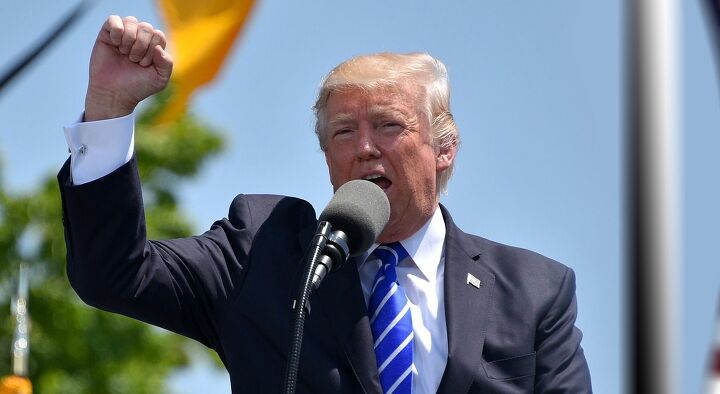
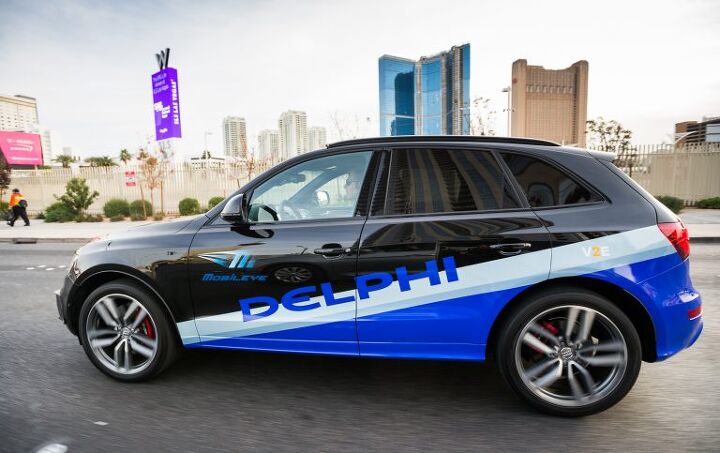


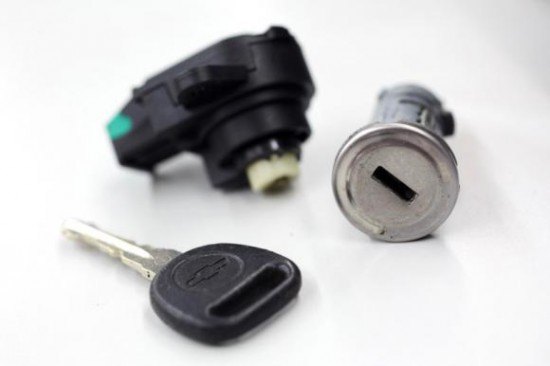
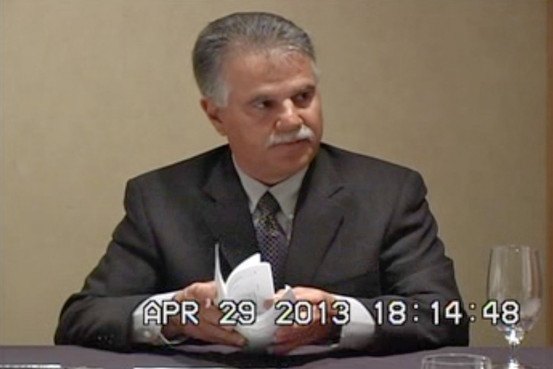



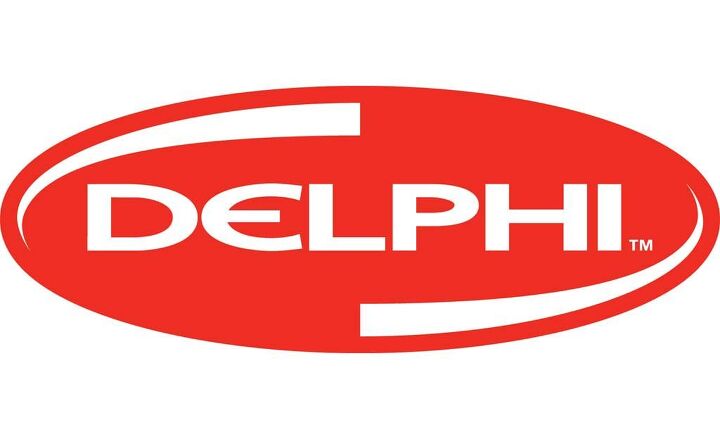














Recent Comments